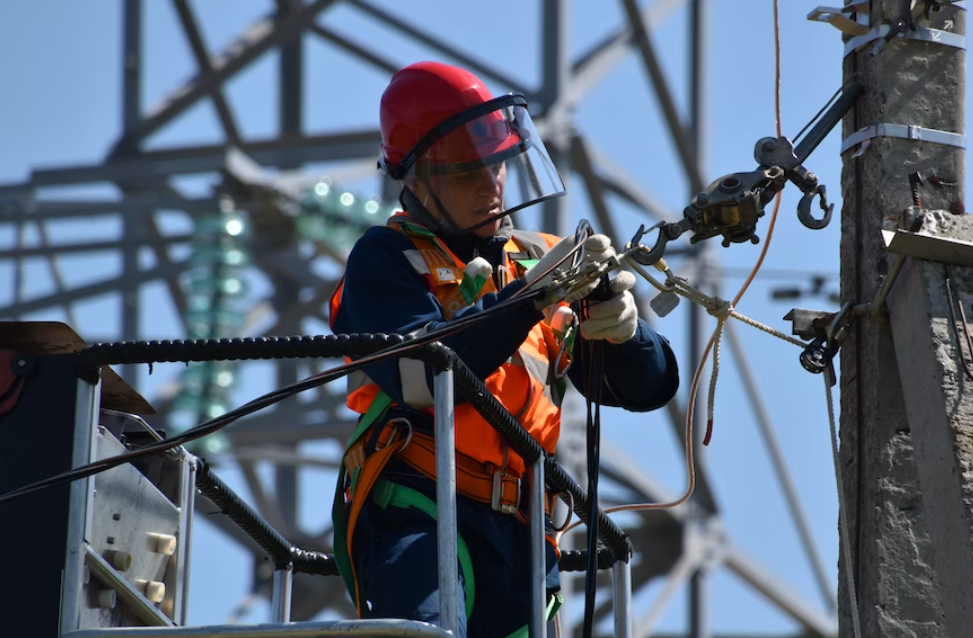Becoming an electrician can be a rewarding and lucrative career choice. Electricians are in high demand, and their skills are essential in various industries. If you are considering a career in this field, there are several crucial things you should know to set yourself up for success.
1. Educational Requirements and Training
To become an electrician, you typically need a high school diploma or equivalent. After completing high school, aspiring electricians can choose between two primary paths: apprenticeship or formal education. Apprenticeship programs offer on-the-job training and are usually sponsored by labor unions, government agencies, or electrical contractors. During the apprenticeship, you’ll work under the guidance of experienced electricians and receive hands-on training. This route allows you to earn while you learn and gain valuable real-world experience.
Alternatively, you can opt for formal education at a technical school or community college. These programs often include classroom instruction and practical training, preparing you for an entry-level position as an electrician.
2. Licensing and Certification
In most regions, electricians need to be licensed to work legally. Licensing requirements vary by location, but they typically involve passing an exam that assesses your knowledge of electrical codes, safety practices, and industry regulations. Some areas may also require you to complete a certain number of training hours or years of work experience before being eligible for a license. Moreover, obtaining certifications can enhance your credentials and demonstrate your expertise in specialized areas of electrical work, such as industrial electrical maintenance or renewable energy systems. Certifications are usually optional but can make you more competitive in the electrical job market.
3. Safety First
Safety is paramount in the electrical trade. Electricians work with potentially dangerous currents and high voltages, making adherence to safety protocols crucial. Before starting any task, electricians must ensure that the power source is switched off, use appropriate personal protective equipment (PPE), and follow established safety guidelines. Understanding electrical hazards and knowing how to mitigate risks is a fundamental aspect of an electrician’s training. Electrical fires, shocks, and arc flashes are among the potential dangers that electricians must be prepared to handle. By prioritizing safety, electricians protect themselves and others while maintaining the integrity of electrical systems.
4. Specialization Opportunities
Electricians have the opportunity to specialize in various areas based on their interests and career goals. Some common specializations include residential, commercial, industrial, and maintenance electricians. Residential electricians focus on installing and maintaining electrical systems in homes, while commercial electricians handle larger projects in commercial buildings, such as office complexes and retail spaces. Industrial electricians work with heavy machinery and complex electrical systems in industrial settings, such as factories.
Maintenance electricians, on the other hand, specialize in diagnosing and repairing electrical issues in existing systems. Some electricians may also choose to specialize in green energy and renewable technologies, such as solar panels and wind turbines, as the world embraces more sustainable practices.
5. Career Advancement and Job Outlook
As an electrician, your career can progress over time. Many start as apprentices or entry-level electricians and advance to journeyman electricians after completing their training and acquiring enough experience. Journeyman electricians have more independence and can work without direct supervision. With further experience and additional certifications, electricians can aim for supervisory roles or even become electrical contractors, managing their businesses. Some may also choose to become electrical engineers or instructors, leveraging their expertise to teach the next generation of electricians.
The job outlook for electricians is generally positive. As technology advances and energy needs increase, there will be an ongoing demand for skilled electricians to install, maintain, and repair electrical systems. Additionally, the push towards renewable energy and sustainable practices opens up new opportunities for electricians with expertise in green technologies.
Conclusion
In conclusion, becoming an electrician requires dedication, a commitment to safety, and a willingness to continually learn and adapt. Whether you choose an apprenticeship or formal education, obtaining the necessary licenses and certifications is essential to thrive in this profession. As you gain experience, consider specializing in areas that align with your interests and goals. By staying current with industry trends and embracing new opportunities, you can build a successful and fulfilling career as an electrician.
You may also like
-
CAD to Euro exchange rate explained: What impacts your conversion value?
-
Build Trust and Credibility for a New Online Business
-
Step-by-Step Guide to Choosing the Right Frameless Door Jamb
-
Tea Tree Oil Surface Cleaner: The Natural Way to Clean and Disinfect
-
Hidden Business Benefits of Custom Neon Signs for Branding and Growth

